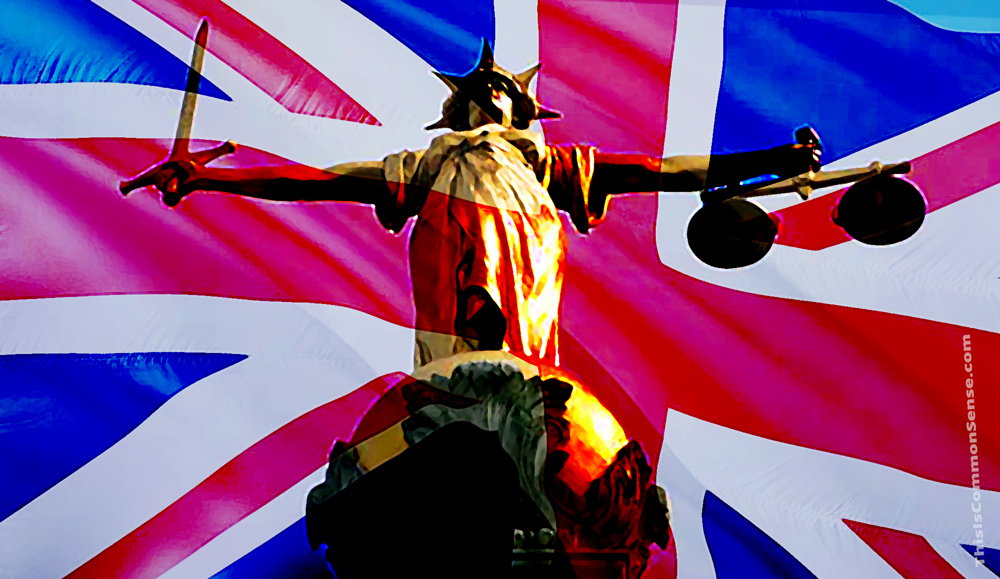The European Union is an anti-democratic, quasi-tyrannical mess. And Great Britain, having Brexited over the weekend, has a chance at a clean-up job. But that doesn’t mean that Britain won’t go down a very dark path, creating an even bigger mess.
Freedom provides opportunities to fail as well as to succeed.
On page 17 of the latest issue of The Economist, we get a hint at what can go wrong.
In a word: too much government. Too much regulation, taxation, etc.
“No longer such a smooth ride” reads the headline, with a tag just below it: “A weakened Britain hopes to draw strength from its alliance with the United States. Good luck with that.”
Snark aside, there is a lot wrong here. Post-Brexit Britain is not obviously weaker — indeed, actually following through on the Brexit issue itself is a sign of strength. Admittedly, Theresa May was weak. And the nearly destroyed communists of the Labor Party are weaker yet.
But Britain has great opportunity to strengthen itself, now.
The first issue that The Economist notes throws cold water on Brexit ebullience is trade. “If the British government persists with plans for a digital-services tax that would hit tech giants, America has said it will retaliate with punitive tariffs on British car exports.” Well, yeah.
Britain would harm itself by not embracing a free trade agreement with the United States, post haste. The model should be the Cobden-Chevalier Treaty of 1860, which set Britain on a major upward course — and France, too. A similar treaty could be a bounty for both Britain and America.
But the usual ardor for taxes, regulation, and intrusive government could transform Brexit from boon to bust.
This is Common Sense. I’m Paul Jacob.

—
See all recent commentary
(simplified and organized)
